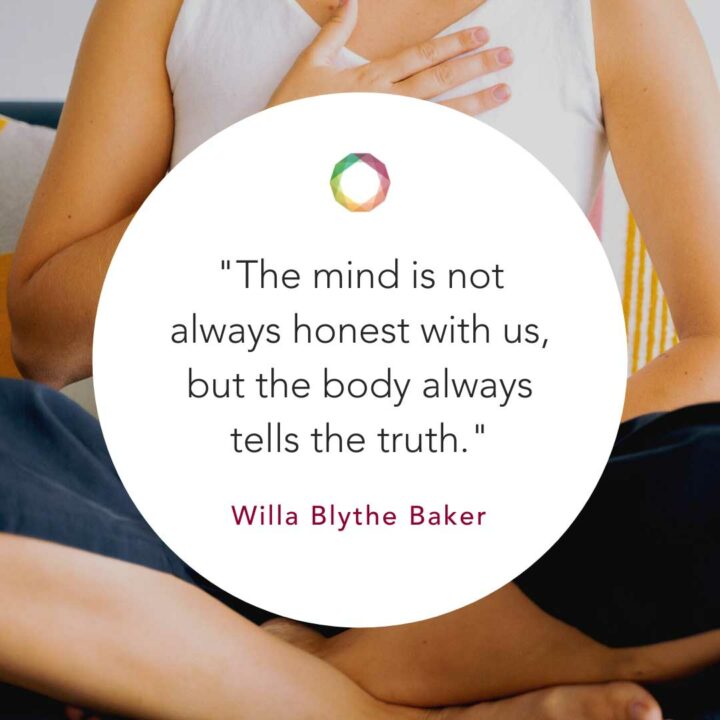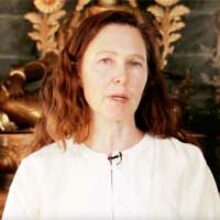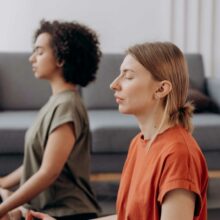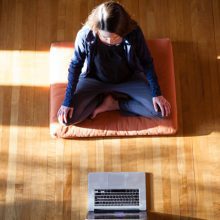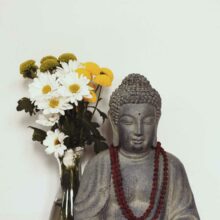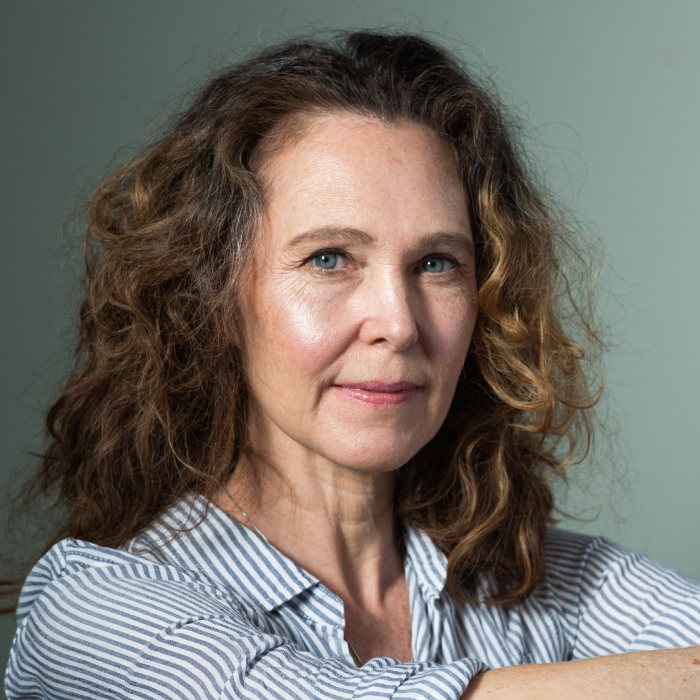Many of us come to meditation with a great deal of enthusiasm. This enthusiasm helps motivate our desire to learn, but it can lead to the problem of “overthinking” – the very reason you may have turned to meditation in the first place.
It’s perfectly natural to find yourself in this situation, and it’s no wonder that you can feel like you’re investing lots of energy in overthinking. Our culture is so focused on developing intellect and pushing you to know more and do more.
Fortunately, you already have the answer – your body.
The body holds wisdom. Bringing body-wisdom into our practice can help counterbalance our tendency to be “in the head”, and it can help reclaim that intuitive calm that sometimes breaks through in brief moments on the cushion.
In this month-long, intimate online course, Willa Blythe Baker brings her decades of training in the yogic lineage of Tibetan Buddhism to gradually walk you through a process of discovering your body’s inherent wisdom.
